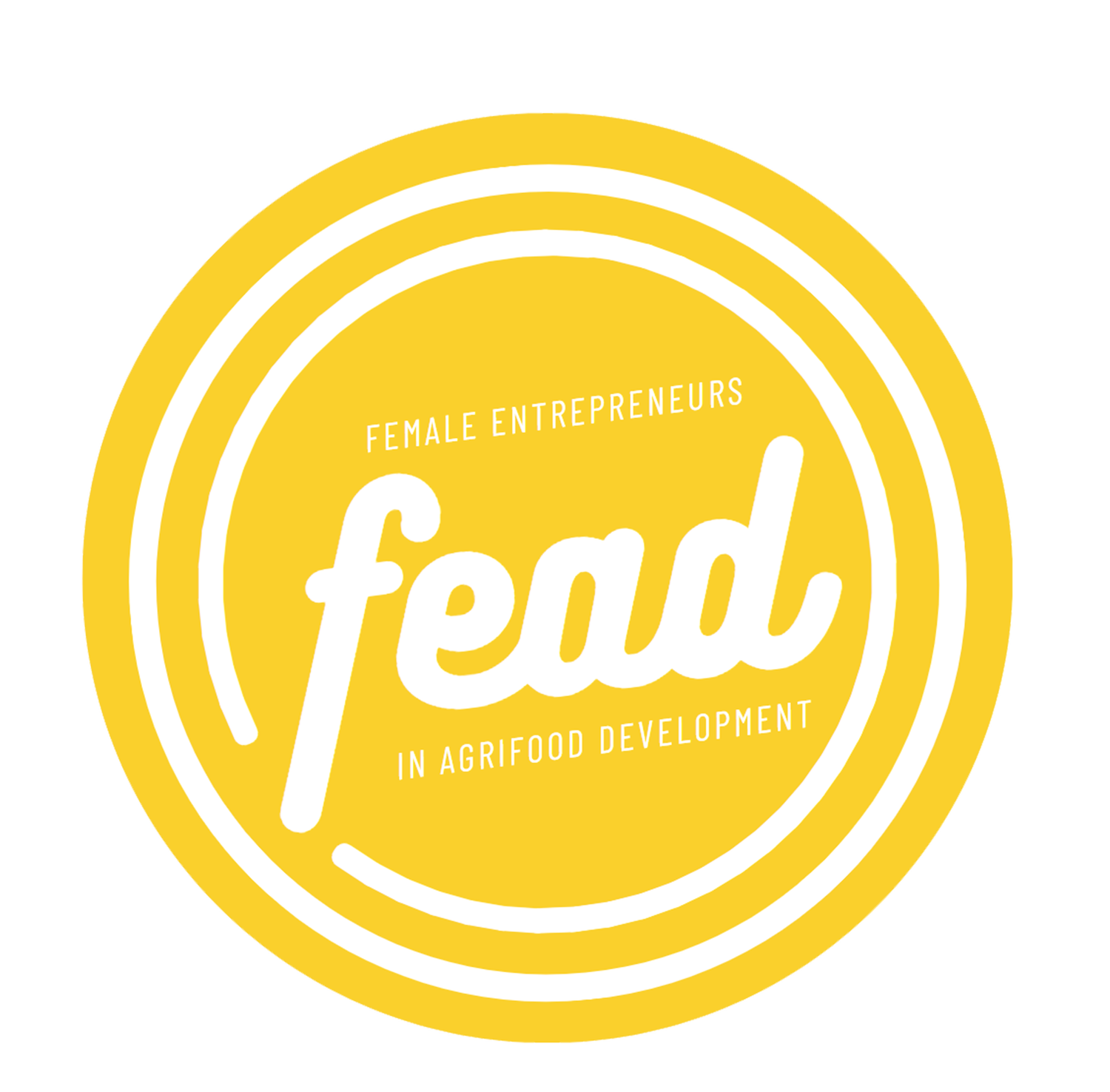Navigating the Complex World of Food Procurement: A Guide for Food Entrepreneurs
In this blog, we will delve into the intricacies of food procurement, shedding light on its significance and exploring various modes and businesses involved.
In the dynamic and ever-evolving food industry, successful entrepreneurship hinges not only on crafting delectable products but also on mastering the art of food procurement. Effective procurement strategies are vital, as they ensure a consistent supply of quality ingredients while optimizing costs.
The Significance of Food Procurement
Food procurement, in essence, is the process of acquiring the raw materials and ingredients necessary for food production. It plays a pivotal role in the success and sustainability of food-related ventures.
Here's why it's so crucial:
Quality Assurance: Procurement ensures that you consistently obtain high-quality ingredients, which directly impacts the taste and safety of your final product.
Cost Management: Efficient procurement strategies help control costs by negotiating better prices and terms with suppliers, reducing wastage, and optimizing inventory.
Supply Chain Resilience: In the face of unforeseen disruptions, such as natural disasters or supply chain bottlenecks (as seen during the COVID-19 pandemic), a robust procurement plan ensures a steady flow of ingredients.
Modes of Food Procurement
Food procurement encompasses several modes, each with its unique characteristics and benefits. As a food entrepreneur, it's essential to understand these modes to make informed decisions for your business:
Direct Procurement: In this mode, you source ingredients directly from producers or farmers. It's an excellent choice if you prioritize freshness, quality, and a transparent supply chain. Direct procurement fosters relationships with growers and enables you to tailor your orders to your specific needs.
Distributor Procurement: Many food entrepreneurs opt for distributors who act as intermediaries between producers and businesses. Distributors offer convenience by consolidating various products into one order, but it may come at a slightly higher cost.
Group Purchasing Organizations (GPOs): GPOs pool the purchasing power of multiple businesses to negotiate bulk discounts from suppliers. Joining a GPO can be a strategic move to reduce costs, especially for smaller food enterprises.
Online Marketplaces: The rise of online platforms connects food businesses with suppliers worldwide. These platforms offer convenience and access to a vast array of ingredients, making it easier to discover unique or niche products.
Local and Global Sourcing: Decide whether you want to source ingredients locally, which can support your community and reduce environmental impact, or globally for a wider selection and potentially lower costs.
Food Procurement Businesses
In addition to understanding procurement modes, it's essential to be aware of the various businesses involved in the food procurement ecosystem:
Wholesalers: Wholesalers purchase large quantities of food products from manufacturers and sell them to retailers or other businesses. They often offer a wide range of products at competitive prices.
Manufacturers and Processors: These entities transform raw ingredients into processed goods, making them essential for food entrepreneurs who require specialized ingredients or semi-finished products.
Farms and Growers: For those who prioritize freshness and want to establish direct relationships with suppliers, sourcing ingredients directly from farms and growers is a viable option.
Specialty Food Distributors: These distributors focus on niche or specialty products. If your food venture specializes in unique or artisanal items, partnering with specialty distributors can be advantageous.
Co-Packers: Co-packers are companies that provide production and packaging services for food products. Utilizing co-packers can help scale your production without the need for significant capital investment.
In the intricate world of food entrepreneurship, procurement stands as a cornerstone of success. By understanding the modes and businesses involved in food procurement, you can make informed decisions that ensure the quality, affordability, and consistency of your ingredients. As you embark on your journey in the food sector, remember that mastering procurement is not just about securing ingredients; it's about securing your business's future. So, embrace this critical aspect of entrepreneurship, and let it be a driving force behind your culinary dreams.






